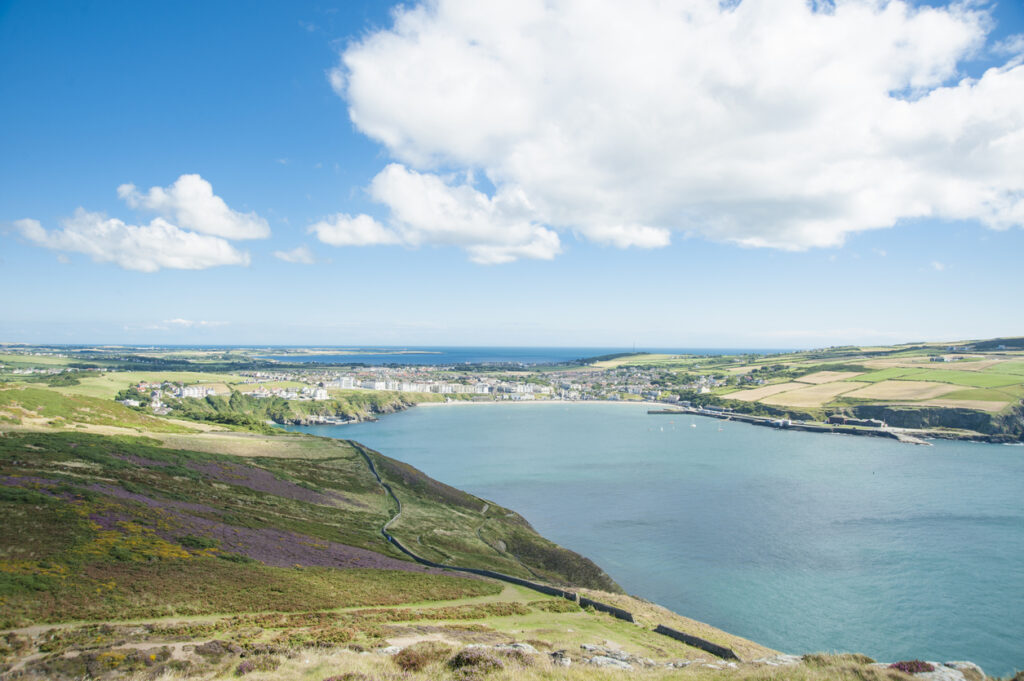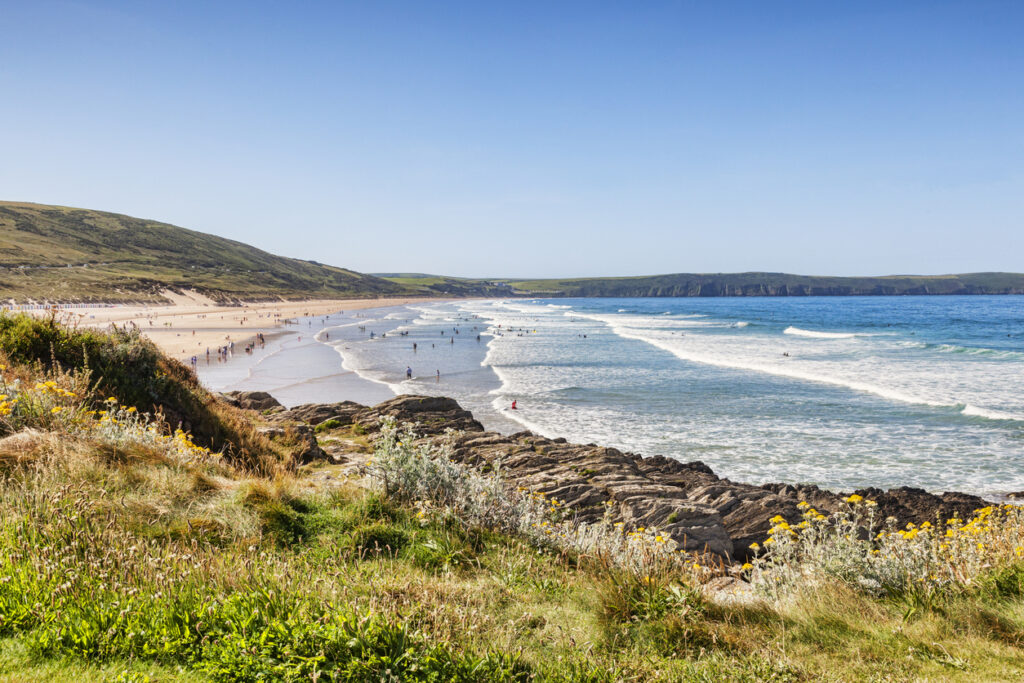National parks are a staple of any British staycation, from the Peaks to the Lakes, Snowdonia to Exmoor, they’re indisputably beautiful areas of the country.
Our national parks are also hugely important ecosystems for a wide array of plants and animals, great and small. Being designated areas by the government, they are crucial when it comes to preserving the natural environment.
However, these national parks across the country are typically land-based, and there’s a growing pressure to also introduce national marine parks that will help to protect the world’s oceans too.
Why do we need national marine parks?
National parks were first introduced in 1949 to preserve the natural beauty of vast areas of Britain. Since then, they have helped to preserve cultural heritage, enhance the wildlife around us and help the public to continue learning and discovering about what precious materials and species we have left.
With an increased focus on the health of our oceans during the ongoing climate crisis, there’s a growing pressure to introduce the protection of marine areas too. Looking after our oceans has never been more important than today.
Recent threats to our world’s oceans

Like many aspects of our planet, the world’s oceans face a number of threats. From overfishing to dangerous pollution, every effort must be made to ensure that we’re preserving the environments that are absolutely crucial to the earth’s inhabitants.
One such threat that has faced recent scrutiny is the practice of bottom trawling. Bottom trawling is a fishing method which involves large nets capturing creatures that live on or near the seabed. This method is incredibly damaging to marine life because it effectively destroys the area of the seabed that it touches and indiscriminately catches fish that may not even be needed.
Governments across the world have started to take action against bottom trawling with bans in place off the coast of the Isle of Man and parts of Greece.
What’s being done to introduce national marine parks?
There is increasing pressure from campaign groups to implement national marine parks across the country.
The Marine Conservation Society states in their manifesto: “We’re calling on the next UK government to recognise the importance of our seas in their marine conservation policy, which play a vital role in the fight against climate change.”
They believe that the establishment of more national marine parks is a step towards protecting the coasts of the UK.

The government has already started to bolster its protection of marine environments by introducing Highly Protected Marine Areas which aim to reduce the damaging impact of certain activities within protected marine areas in England.
The country’s first national marine park has already started to take shape, thanks to the Plymouth Sound National Marine Park. After being awarded support from the National Lottery Heritage Fund, Plymouth were able to develop the UK’s first marine park, encouraging people to become ‘marine citizens’ and deepening their understanding of the coastal environment.
At Blue Planet Aquarium, we are dedicated to the conservation of the world’s waters. It’s not just governments and large organisations that can make a difference, each person has a responsibility to protect marine environments.
To find out more about Blue Planet Aquarium’s conservation efforts, take a look at our Conservation page which showcases our work and the charities that we’re lucky enough to work with.
